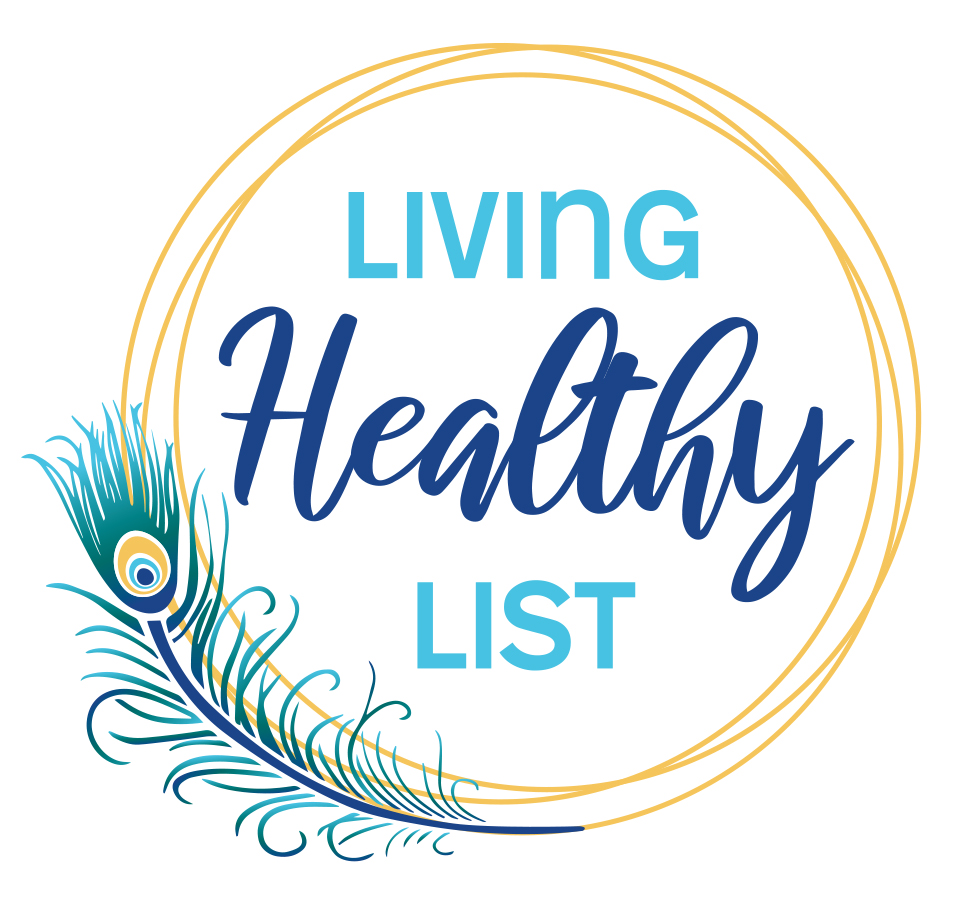Let’s Talk About the birth control pill and your gut health! Yep, we’re going to just jump right in and get to it! It’s more important than ever to understand how oral contraceptives can affect your overall health, beginning in your gut.
According to the CDC, in the United States, 16% of women aged 15-44 are currently using “the pill”, the most common form of birth control. Additionally, two-thirds of women in the U.S. have used birth control at some point in their life.
It’s true that the pill has significantly reduced the number of unwanted pregnancies which is what it is intended for. However, when the pill is used for symptomatic treatment for other female challenges that becomes a different issue.
According to the CDC, the pill is 99.7 percent effective
If you are taking birth control because you aren’t ready to have children or maybe you don’t ever want children- that is your choice and I support that. However, be aware that the pill has different side effects and causes nutrient deficiencies. I’m here to help you with that!
In most traditional doctors’ offices, specifically, gynecologists the treatment of PMS, headaches, mood swings, or hot flashes is managed by prescribing oral contraceptives.
I want you to know that there are other alternatives! Options that don’t negatively impact your overall health. How does the pill affect you? It can:
- change your gut microbiome
- cause infertility ( yep!)
- associated with painful periods
- reduce libido
- increases anxiety
- causes weight gain

Birth control was introduced in 1960 and we know so much more now, in 2020. Since their inception scientists have done studies on the use of the pill, specifically its effect on inflammatory bowel diseases (IBD), including Crohn’s disease.
While each study differs in their focus, methods, and sample size, one common conclusion has been obtained- there is a direct link between oral contraceptive use and your gut health.
Gut health and birth control
Most forms of most oral contraceptives contain synthetic estrogen that impacts your gut wall and essentially leads to “leaky gut syndrome”. Leaky gut is a common problem that occurs when the “tight junctions” that line the gastrointestinal ( GI) tract stay open too long. What that means is the toxic by-products in the digestive tract get absorbed into the blood-stream and taken into the liver.
Your GI tract is supposed to excrete these toxins but with your pores open, the toxins leak out. Long term use of the pill can also result in a higher risk of developing Crohn’s disease or another form of inflammatory bowel disease (IBD).
Here are three science-based research studies to back this up.
Cardiovascular Disease and birth control
A study in 2016 showed the association between using the pill and cardiovascular disease. If you are a smoker and take the pill, you have an 80% higher risk of a heart attack. Women that take the pill have 2 times the risk of primary pulmonary embolism and an 80% higher risk of hypertension. Oral contraceptive users have a higher risk of invasive breast cancer and were found to be associated with 2 times higher risk of melanoma. (PMID: 27459451)
Migraines and birth control
Do you suffer from migraines? About 25% of women in the United States do. Did you know that women who take oral contraceptives, and suffer from migraines, have a NINE TIMES HIGHER RISK OF A STROKE?!
(The research study is included below.)
Anxiety and birth control
Do you suffer from anxiety?! Anxiety is the most common type of mental disorder in the United States. Did you know that with improving your gut microbiome you can help treat your anxiety? In 2019, Yang published a systematic review, published in the Journal of General Psychiatry, stating that “We find that more than half of the studies included showed it was positive to treat anxiety symptoms by regulation of intestinal microbiota.” If you’re taking the pill, it can be attributed to your anxiety.
Autoimmunity and birth control
Women account for SEVENTY-FIVE PERCENT of ALL auto-immune diseases. Sex hormones in your gut microbiome can affect the development of autoimmune diseases.
Again, if you are taking the pill to prevent unwanted pregnancy, I support your choice. However, let’s talk about the nutrients it is depleting from your body and be proactive with your health! Additionally, if you are taking the pill to treat symptoms like irregular periods, acne, PCOS, painful periods, etc. lets focus on other options that have minimal side effects and concentrate on your health and wellness. You deserve the best!
Let’s get back to health,
Dr. Taryn


